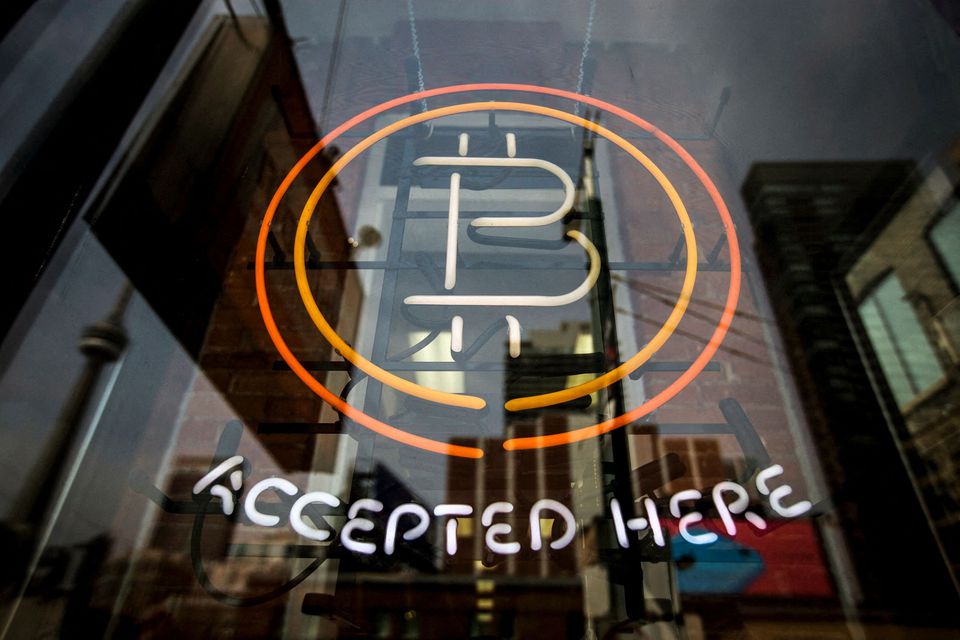Regulators came late to the fast evolving cross-border world of cryptoassets but they could come up with their first global framework of rules within months, a senior official said on Wednesday.
The Financial Stability Board, which groups regulators, central banks and finance ministry officials from the G20 economies, is looking at what needs to be done with cryptoassets such as bitcoin and stablecoins.
Crypto assets are currently treated differently across the world, ranging from bans to no rules at all even though they are traded by international firms. The European Union is approving a comprehensive set of standards for authorising and supervising participants in crypto asset markets.
Robert Ophele, chair of France’s markets watchdog AMF and a member of the FSB, said regulators were following the “universal basic principle” of same rules to cover the same risks.
“I do expect that for some of them, we do have international regulatory convergence… primarily stablecoins and digital asset service providers,” Ophele told a webinar held by Afore Consulting.
Regulators were behind the curve because cryptoassets were not yet a threat to financial stability, but this was now top of the FSB’s agenda, Ophele said.
“I do think we could achieve, deliver on these issues in the next few quarters… the FSB is going full steam on this issue,” Ophele said.
The FSB has no powers to make binding rules, but its members commit to introducing its regulatory principles into their own national rulebooks.
Regulators are also trying to catch up with other parts of a rapidly digitalising financial market, such as social media and smartphones becoming more heavily used by retail investors to buy and sell shares.
EU securities watchdog ESMA is scrutinising “finfluencers” or social media influencers who give stock tips without safeguards on their credibility, its chair Verena Ross told the webinar.
“This fast moving phenomenon requires active monitoring,” she said.
The EU needed a powerful watchdog for markets like the European Central Bank is for banking, Ophele said.
“The current structure is no longer fit for the purpose with the development of cross-border digital market activities,” Ophele said.







Click here to change your cookie preferences